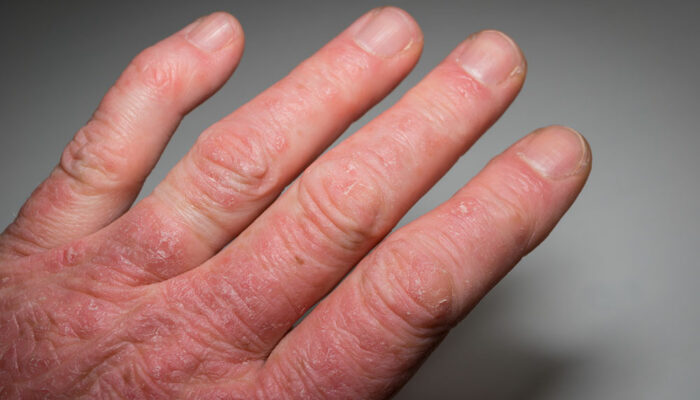
9 Risk Factors of Pancreatic Cancer
Even with all the advancements in technology, the exact cause of some diseases is unknown. Pancreatic cancer is one such disease. Numerous research studies conducted over the years enumerate a list of risk factors, but the precise cause is still unknown. 90% of pancreatic cancer that is diagnosed is random and occurs unpredictably. It means individuals who have many risk factors might not develop pancreatic cancer.
In contrast, some who have no known risk factors might succumb to this silent killer disease.
Here are 9 risk factors that might increase a person’s risk of developing pancreatic cancer.
1. Age
Like with most diseases, increasing age is directly proportional to the increased risk of pancreatic cancer. Individuals over the age of 50 must be more cautious about this illness. However, remember anyone can be diagnosed with pancreatic cancer.
2. Gender
Men, more than women, are affected by pancreatic cancer. It could be because more men smoke (or use cigarettes or tobacco) than women.
3. Race
Pancreatic cancer is more prevalent amongst African-Americans and Ashkenazi Jews. Comparatively, people with caucasian, Asian, and Hispanic descendants are affected less by this disease.
4. Diet
Like with many illnesses, a wholesome, nutritious diet rich in fruits and vegetables, healthy fats, nuts, and grains lowers pancreatic cancer risk. However, the regular consumption of foods high in unhealthy fats and red and processed meats like bacon, salami, ham, meat jerky, and hot dogs increases the risk of developing cancer considerably.
5. Obesity
Eating more food than is necessary for the body or increased calorie consumption can cause weight gain. Extra calories lead to obesity without the right kind of physical activity to burn it up. Apart from an unhealthy diet pattern, genetic, hormonal, and environmental factors contribute to weight gain. Individuals who are overweight or obese are certainly at an increased risk of succumbing to pancreatic cancer than people who maintain an average weight.
6. Smoking
Close to 30% of all people diagnosed with pancreatic cancers are chronic smokers. Their exposure to developing cancer is twice as high as non-smokers.
7. Alcohol
Frequent alcohol consumption (more than two glasses per day) increases the risk of pancreatic cancer, confirms research studies. Alcohol (all types including wine, beer, and hard liquor) exacerbates the possibility of inflammation of organs and cancer risk. Chemicals released by alcohol are capable of damaging the DNA of healthy cells. Also, alcohol reduces the body’s ability to absorb and process nutrients from food. It lowers immunity and increases the risk of all diseases, especially cancer.
8. Diabetes
Individuals who have diabetes are more likely to be affected by pancreatic cancer. Long-standing diabetes is a risk factor, although a modest one. Besides that, the sudden onset of diabetes during middle age can be a precursor to pancreatic cancer.
9. Family history
A family history of cancer enhances the risk of pancreatic cancer by 10%. The prospect of falling victim to this deadly disease increases considerably if a first-degree relative like either parent or sibling is diagnosed with pancreatic cancer. Genetic testing for inherited mutations helps determine cancer risk because, in some cases, the risk of pancreatic cancer runs in the family.



